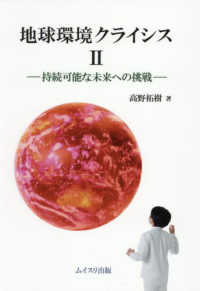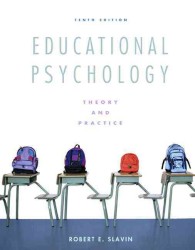- ホーム
- > 洋書
- > 英文書
- > Religion / Ethics
Full Description
Smoke & Mirrors: Discourses of Magic in Early Petrine Traditions explores how magic disappears and miracle emerges in a series of texts featuring the apostle Peter. Considering the contradiction of early Christian authors' approval of seemingly magical practices, such as exorcisms, Shaily Shashikant Patel examines the impact this treatment of magic had in forging key facets of Christianity like Jesus' identity, apostolic authority, community norms, Christian orthodoxy.
Patel's analysis details how Christian texts featuring Peter respond to broader discourses of Roman magic. Rather than viewing magic as primarily a polemical label applied to one's theological enemies, she relies on newer, more flexible heuristics for ancient magic offered in adjacent fields and in cutting-edge interdisciplinary work. Her argument posits that ancient magic was more than a label; it also included practices that were susceptible to drawing an accusation of magic in the first place. In other words, magic was a vast and contradictory discourse. To understand magic in early Petrine texts, she suggests we must consider both the label of "magic" when it is applied to theological enemies as well as authors' narration of practices commonly stereotyped as "magic" in the Roman imagination.
Smoke & Mirrors ultimately answers why early Christian authors could write approvingly of practices like exorcism or healing while simultaneously maligning magic. Petrine authors knowingly distance their own orthodoxies from magic in multiple ways, including appeals to eschatology, Christology, apostolic authority, community norms, and notions of heresy. Meanwhile, these same authors also leverage the popular allure of magic by reframing activities associated with magic in wider Graeco-Roman literature. Cycles of discursive formation like these help forge a distinctively Christian category of wonderworking, "signs and wonders," or "miracle," in the modern vernacular.
Contents
Introduction: "Magic" and Early Petrine Literary Traditions
Chapter 1: Magic and the Making of Miracles in the Gospel of Luke
Chapter 2: Magic and the Making of a Jesus Movement in the Canonical Acts
Chapter 3: Magic and the Making of (a) Christianity in the Acts of Peter
Chapter 4: Magic and the Making of Heresy in the Pseudo-Clementine Homilies
Coda: Lives and Afterlives of Petrine "Magic"








